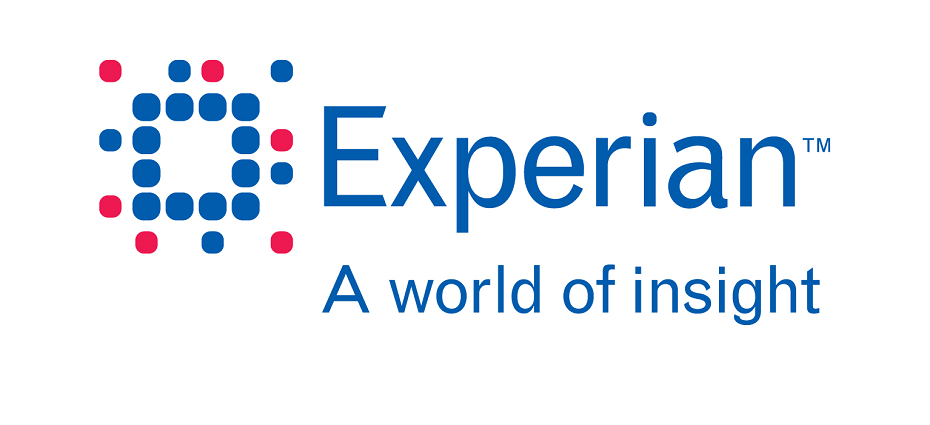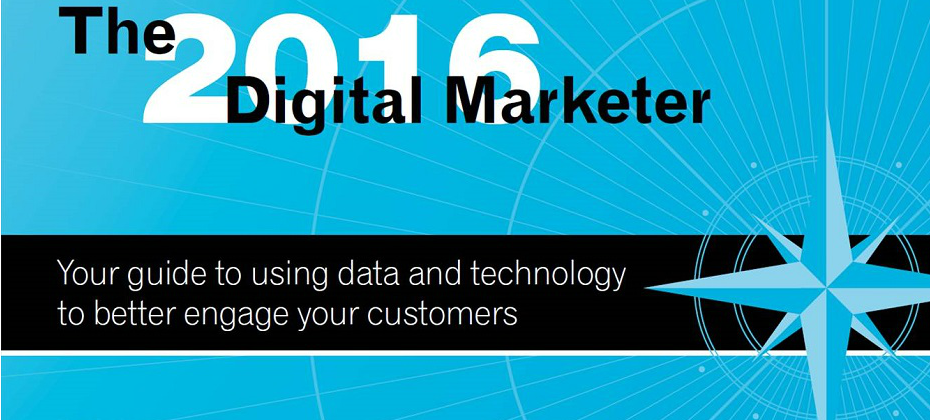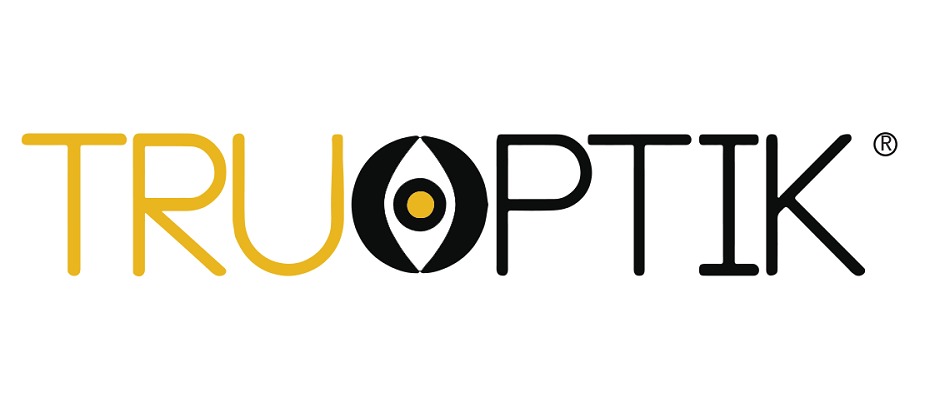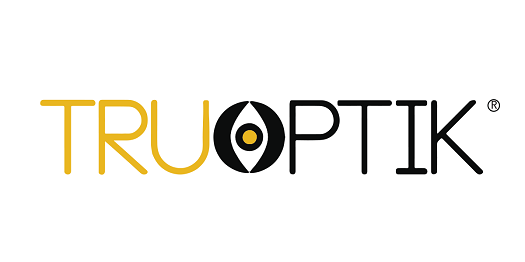Tech & Innovation

At Experian, we are continually innovating and using technology to find solutions to global issues, modernize the financial services industry and increase financial access for all.
Financial Empowerment

Our deep commitment to social and financial inclusion is reflected in our workplace culture, our partnerships and our efforts to break down the barriers to financial equity.
Financial Health

Our initiatives are dedicated to getting tools, resources and information to underserved communities so that consumers can best understand and improve their financial health.
Latest Posts:

Experian DataLabs in North America and Gimbal, Inc., a leading mobile engagement and location intelligence solution, are working together on breakthrough data and advanced analytics experiments.

Emad Georgy, global CTO of Experian Marketing Services, explains how marketers can enhance customer journey to attain success in their business.

National Small Business Week is finally upon us, and we are proud to recognize the businesses that have had such a profound impact on the country, as well as our local communities. They truly are the heartbeat of the U.S. economy.

Headlines bemoan the lack of personal finance being taught in our schools. Most students will graduate with little to no education on personal finance basics. But, with Experian’s help, LifeSmarts is making a difference for students across the country. Together, we are helping students get on the right path to a lifetime of success by equipping them with the financial knowledge and consumer skills they need to make informed, responsible choices.

Experian Marketing Services, a recognized leader in data-driven marketing and cloud-based marketing technology, today unveiled an audience management platform that will change the way the advertising industry buys and measures media.

I’m pleased to share that Experian has taken another important step in the transformation of our Consumer Services business, having signed an agreement to acquire CSIdentity Corporation (CSID).

On Tuesday, Experian held a press conference and ribbon cutting ceremony with San Diego Mayor, Kevin Faulconer to announce and celebrate the expansion of the data and innovation lab in North America.

Experian has expanded its growing North America DataLabs in San Diego to further innovation and enable leading data scientists to help clients and businesses solve strategic marketing and risk management problems through advanced data analysis processes, research and development.

Experian Marketing Services released its 2016 Digital Marketer Report. The eighth annual study reveals the challenges, priorities and other key issues impacting marketers worldwide.
![[Infographic]: Off-lease Vehicles Surge Back into the Market](http://www.experian.com/blogs/news/wp-content/uploads/2016/04/Feature-Leasing-Image1.png)
As automotive leasing trends to new heights, a rapid influx of off-lease vehicles are returning to market. Experian Automotive’s latest infographic explores the surge in off-lease vehicles, including which models and vehicle segments are most popular.

 Tru Optik, the only audience measurement and data management platform built for OTT and Connected TV, has partnered with Experian Marketing Services to offer a service providing real-time census-level viewer data for over-the-top (OTT) TV programs and ad exposure across all screens. Tru Optik clients will be able to measure and segment content and ad exposure based on lifestyle, demographic and purchase behavior powered by Experian’s ConsumerView marketing database.
Tru Optik, the only audience measurement and data management platform built for OTT and Connected TV, has partnered with Experian Marketing Services to offer a service providing real-time census-level viewer data for over-the-top (OTT) TV programs and ad exposure across all screens. Tru Optik clients will be able to measure and segment content and ad exposure based on lifestyle, demographic and purchase behavior powered by Experian’s ConsumerView marketing database.

In recent years, leasing has strongly returned as an option for consumers to choose when looking to get into a new vehicle and maintain an affordable monthly payment. Experian Automotive’s latest infographic examines the lift in leasing, as well as key attributes in the auto finance market.




